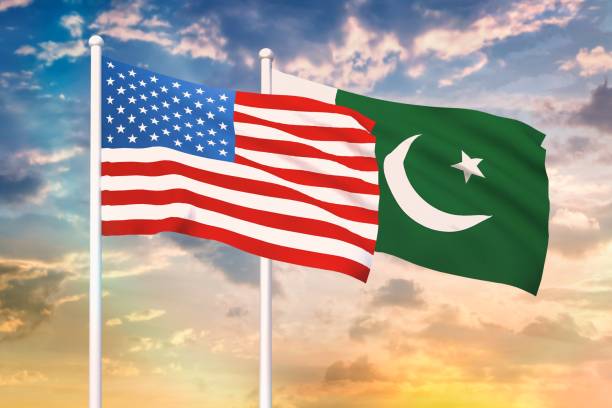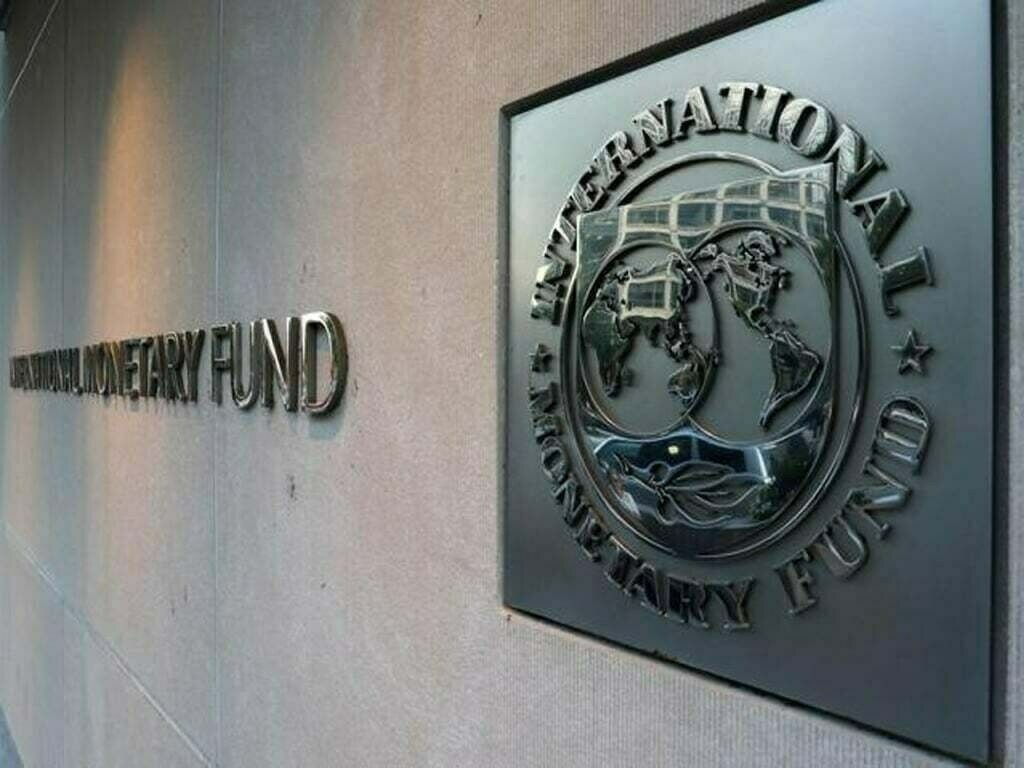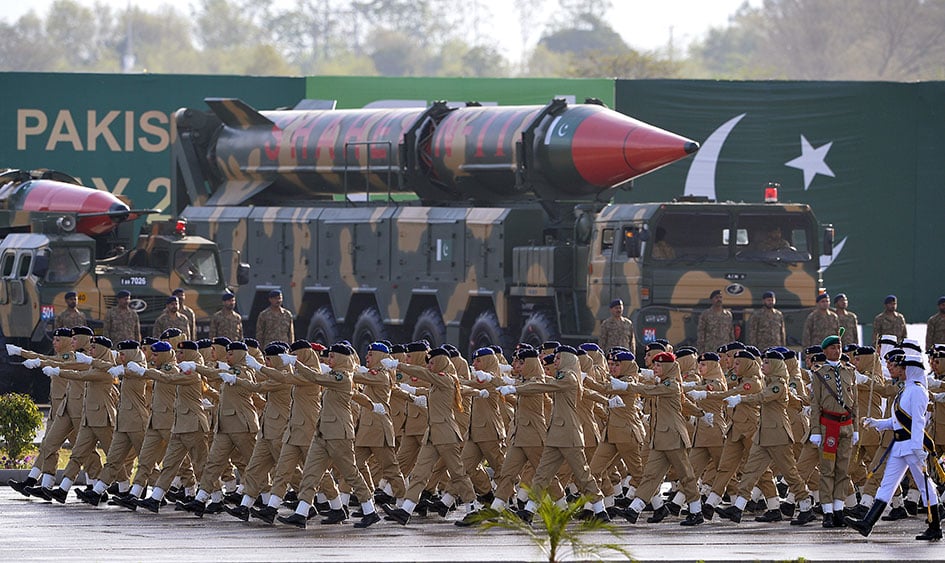PTBP Web Desk
Pakistan and the United States are in advanced discussions to finalize the finer details of a bilateral trade deal that could unlock fresh investment opportunities and provide tariff concessions on key Pakistani exports. According to Bilal Azhar Kayani, Pakistan’s Minister of State for Finance, these negotiations aim to strengthen economic ties while driving growth in critical sectors.
Speaking in an interview with Bloomberg TV’s Haslinda Amin on Monday, Kayani said the agreement is still in its formative stages, but both sides have expressed strong interest in moving the process forward.
“The agreement with more details will be negotiated and discussed in the months ahead,” Kayani stated, noting that talks are focused on aligning mutual interests to ensure the deal delivers tangible benefits for both economies.
A key part of Pakistan’s negotiation strategy is securing better tariff rates for its major exports to the US. The country’s exporters, particularly in textiles, leather goods, surgical instruments, and agricultural products, have long faced competitive challenges due to tariffs that limit market access.
By reducing or eliminating these duties, Islamabad hopes to make Pakistani goods more competitive in the US market, thereby boosting export revenues and supporting domestic industries.
Trade experts believe that tariff concessions from the US could significantly improve Pakistan’s trade balance and create new opportunities for small and medium-sized enterprises (SMEs) to expand their reach in North America.
Kayani also revealed that Pakistan is seeking investment commitments from Washington in high-priority areas such as energy, mining, and minerals. These sectors are vital for Pakistan’s economic development, both in terms of industrial output and foreign exchange earnings.
The government is particularly keen on attracting investment in renewable energy projects, oil and gas exploration, and the exploitation of untapped mineral resources. Pakistan holds substantial reserves of copper, gold, and rare earth elements, which could become important sources of revenue if developed with modern technology and foreign expertise.
Such investments would not only help improve infrastructure but also contribute to job creation and technological advancement, enabling Pakistan to diversify its economic base beyond traditional exports.
The potential trade deal is part of a broader effort by Islamabad to deepen its economic engagement with Washington. While political and security issues have often dominated Pakistan-US relations, both governments are now showing a willingness to focus more on economic diplomacy.
A successful agreement could signal a shift toward a partnership based on mutual economic growth, opening the door to future collaboration in other sectors such as technology, education, and healthcare.
While Kayani emphasized that the final agreement will require further rounds of negotiation, he expressed optimism that meaningful progress could be achieved in the coming months. He added that teams from both sides are working to ensure the deal is comprehensive, transparent, and beneficial for all stakeholders.
“The talks are constructive, and we are confident that the final agreement will address the priorities of both countries,” he said.
Industry insiders expect that once a preliminary framework is agreed upon, more specialized discussions will focus on technical details such as rules of origin, investment protection clauses, and dispute resolution mechanisms.
This move comes at a time when Pakistan is actively seeking to expand its export base and attract foreign direct investment (FDI) to stabilize its economy. Securing a trade agreement with the US, one of the world’s largest consumer markets, would represent a major step toward those goals.
For the US, the deal could strengthen its economic presence in South Asia, offering an alternative to competitors like China, which already has deep trade and investment links with Pakistan through projects such as the China-Pakistan Economic Corridor (CPEC).
Moreover, US investment in Pakistan’s energy and mining sectors could help diversify supply chains and ensure greater security of critical resources.
If finalized, the trade deal could deliver a range of benefits:
- For Pakistan: Greater access to US markets, increased FDI, improved industrial capacity, and job creation.
- For the US: Enhanced trade presence in a strategic region, access to untapped mineral resources, and expanded opportunities for American companies in Pakistan’s growing energy sector.




